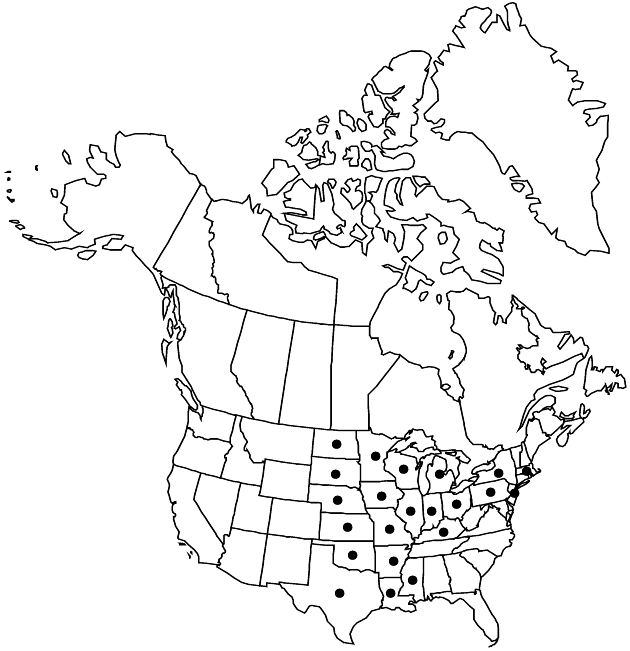Difference between revisions of "Liatris pycnostachya var. pycnostachya"
Synonyms: Liatris bebbiana Rydberg Liatris langloisii (Greene) Cory
Treatment appears in FNA Volume 21. Treatment on page 525.
FNA>Volume Importer |
FNA>Volume Importer |
||
| Line 7: | Line 7: | ||
|name=Liatris bebbiana | |name=Liatris bebbiana | ||
|authority=Rydberg | |authority=Rydberg | ||
| − | }}{{Treatment/ID/Synonym | + | }} {{Treatment/ID/Synonym |
|name=Liatris langloisii | |name=Liatris langloisii | ||
|authority=(Greene) Cory | |authority=(Greene) Cory | ||
| Line 25: | Line 25: | ||
|elevation=30–300(–900) m | |elevation=30–300(–900) m | ||
|distribution=Ark.;Ill.;Ind.;Iowa;Kans.;Ky.;La.;Mass.;Mich.;Minn.;Miss.;Mo.;Nebr.;N.J.;N.Y.;N.Dak.;Ohio;Okla.;Pa.;S.Dak.;Tex.;Wis. | |distribution=Ark.;Ill.;Ind.;Iowa;Kans.;Ky.;La.;Mass.;Mich.;Minn.;Miss.;Mo.;Nebr.;N.J.;N.Y.;N.Dak.;Ohio;Okla.;Pa.;S.Dak.;Tex.;Wis. | ||
| − | |discussion=<p>Liatris pycnostachya is commonly cultivated. Collections from Michigan “doubtless represent escapes” (E. G. Voss, pers. comm.), as also do those from Massachusetts, New Jersey, and New York.</p> | + | |discussion=<p><i>Liatris pycnostachya</i> is commonly cultivated. Collections from Michigan “doubtless represent escapes” (E. G. Voss, pers. comm.), as also do those from Massachusetts, New Jersey, and New York.</p> |
|tables= | |tables= | ||
|references= | |references= | ||
| Line 49: | Line 49: | ||
|publication year= | |publication year= | ||
|special status= | |special status= | ||
| − | |source xml=https://jpend@bitbucket.org/aafc-mbb/fna-data-curation.git/src/ | + | |source xml=https://jpend@bitbucket.org/aafc-mbb/fna-data-curation.git/src/8f726806613d60c220dc4493de13607dd3150896/coarse_grained_fna_xml/V19-20-21/V21_1330.xml |
|tribe=Asteraceae tribe Eupatorieae | |tribe=Asteraceae tribe Eupatorieae | ||
|genus=Liatris | |genus=Liatris | ||
Revision as of 15:31, 18 September 2019
Corms globose. Stems usually glabrous or sparsely pilose except near heads (where sparsely piloso-puberulent). Leaves glabrous. 2n = 20, 40.
Phenology: Flowering mid Jun–Aug.
Habitat: Moist prairies, wooded and rocky ridges, sandy woods, creek bottoms, dunes
Elevation: 30–300(–900) m
Distribution

Ark., Ill., Ind., Iowa, Kans., Ky., La., Mass., Mich., Minn., Miss., Mo., Nebr., N.J., N.Y., N.Dak., Ohio, Okla., Pa., S.Dak., Tex., Wis.
Discussion
Liatris pycnostachya is commonly cultivated. Collections from Michigan “doubtless represent escapes” (E. G. Voss, pers. comm.), as also do those from Massachusetts, New Jersey, and New York.
Selected References
None.
Lower Taxa
None.